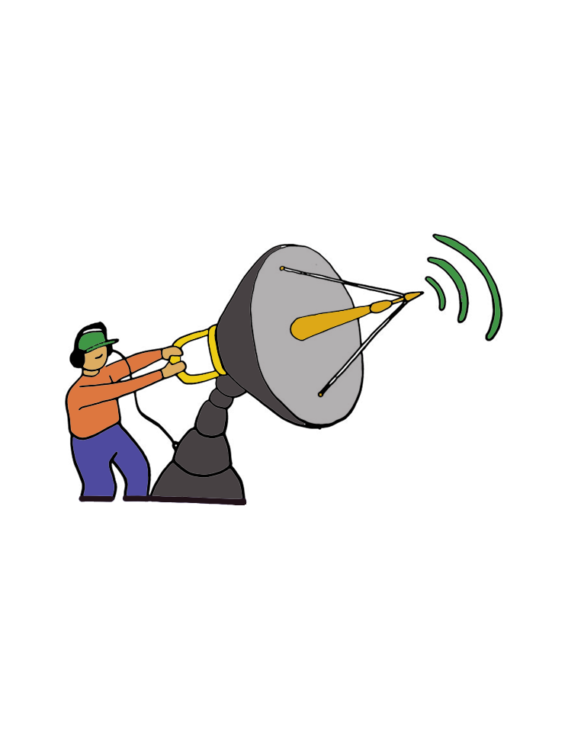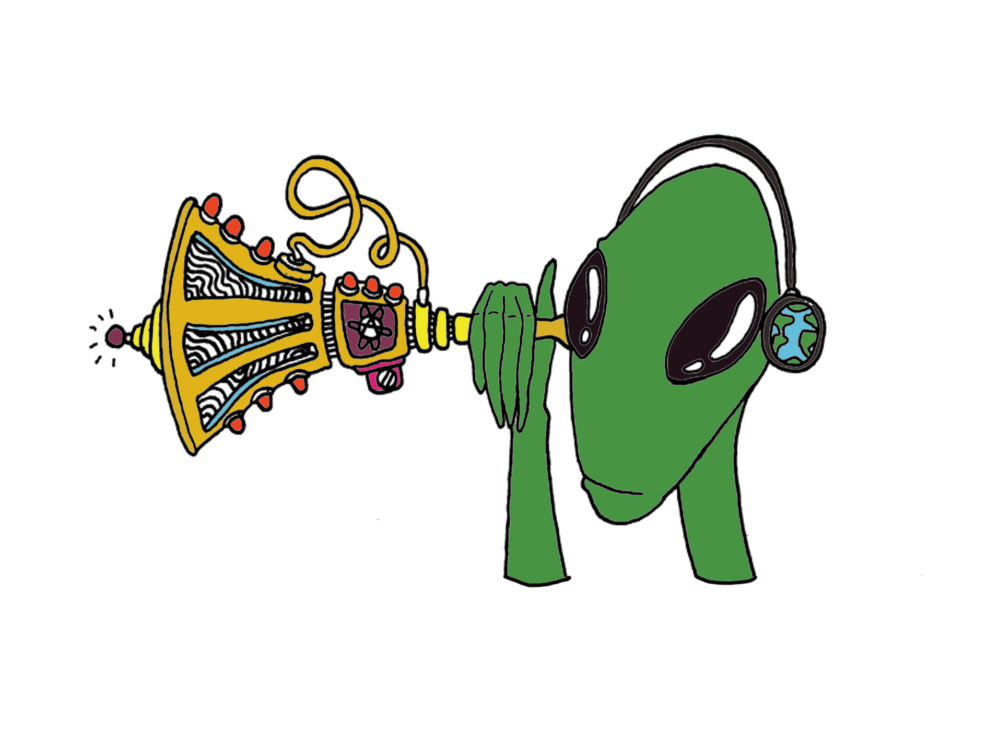Matt Dobbs and CHIME research group awarded grant for telescope technology, which can detect radio waves from different universes

Matt Dobbs has always been interested in finding and understanding the boundaries of human knowledge.
That interest hasn’t faded in his time as a physics professor at McGill University, where he’s trying to understand a curious repeating radio signal in a galaxy far, far away on the side.
As a matter of fact, Dobbs says teaching has helped him become a better researcher in his own particle physics and astronomy studies.
“I love it when students ask me things that I don’t know the answer to and I know I should. That helps me in my research,” says Dobbs on his McGill teaching page.
Now, Dobbs, a graduate of the UVic physics program, will be given the time and resources needed to move back out west and work on his dream project — a groundbreaking digital telescope that can read and record radio signals in galaxies thousands of light years away from Earth.
“It’s a great honour to win,” says Dobbs in a telephone conversation with the Martlet about winning the 2019 Killiam Prize and Research Fellowship that will give him $140 000 in research funding.
“It’s the best award you can get, because it gives you the gift of time,” says Dobbs. “This award offsets my salary, so that instead of having to teach and do other administrative things at the university, I can focus 100 per cent on this research.”
Dobbs is the Government of Canada Research Chair in Experimental Astro-particle physics, and formed the group of scientists that helped to build the first major research telescope on Canadian soil in 30 years.
The Canadian Hydrogen Intensity Mapping Experiment (CHIME) is a massive digital telescope located in Penticton, B.C., that records radio signals with thousands of stationary antennas.
“This telescope is different from traditional telescopes in that it doesn’t point at a certain location on the sky and track that, like you would with a handheld telescope or a mounted telescope,” says Dobbs. “Instead it’s a large field of antennas and it collects all the light that falls on that field, and a computer processes and figures out what the overhead sky would have been like to have produced those waves.”
CHIME’s creation comes in the wake of astronomers in the U.S. discovering a series of brief bursts of radio signals in different galaxies among our solar system. In 2017, the New York Times reported an American group tracked a repeated radio burst to a dwarf galaxy some three billion light years from Earth.
The source of the radio waves were classified as “fast radio bursts,” or intense pulses of radiation from the sky lasting only a few milliseconds that emit more energy than the sun emits during a day before immediately disappearing. The scientists, however, can’t pinpoint when the frequencies occur or why they are happening.
Earlier this year, Dobbs’ group of scientists, engineers, and graduate students announced that CHIME had discovered a second radio wave repeater in the galaxy almost immediately when it was set up last summer.
This new galaxy is about 1.5 million light years away, half the distance from the first repeater found in 2017, but the team still can’t figure out what the noise is.

Before you get your hopes up, or perhaps start stocking that underground bunker with non-perishable foods and water, scientists across the globe agree the radio signals are not extraterrestrial aliens sending messages to Earth.
The grant will allow Dobbs to move to Penticton in January and spend the next two or three years living beside the telescope and working on understanding the radio signals heard by CHIME.
Dobbs says he wouldn’t have made this breakthrough discovery without his time at UVic, and specifically the teaching of Physics and Astronomy professor Michel Lefebvre, who acted as a mentor for Dobbs during his time in Victoria.
“One of the things I learned at [the University of] Victoria, especially from him, was in order to do anything really well, you have to understand every layer of the onion,” says Dobbs.
Dobbs says the experiences he had studying physics at UVic helped to make him the well rounded scientist he is today.
“Even that I’m in a different field today, I think most of what I learned in those times at the University of Victoria are still there and playing a really important role.”






